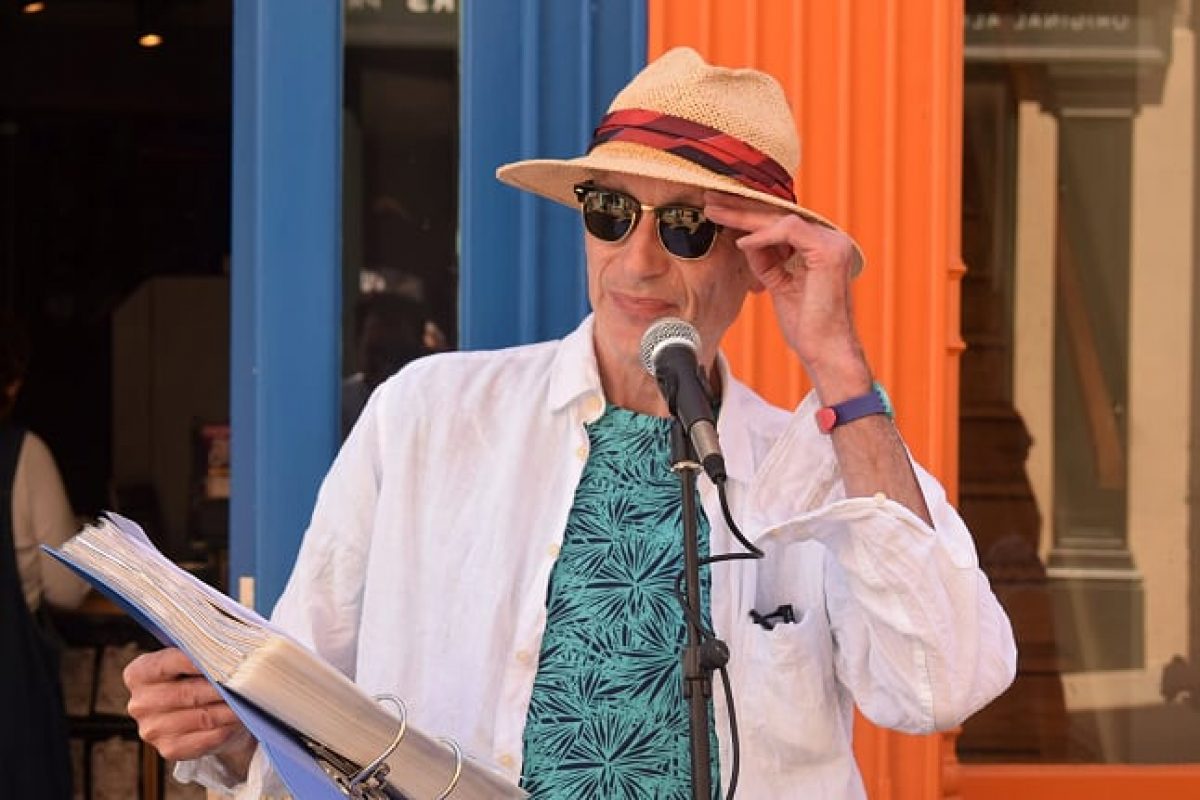
It’s terrible to remember, but it’s far more terrible not to remember.
It’s from a book I read last week*. I have nothing so terrible to remember or forget as had the women whose voices are heard in this book- Russian women who fought in the Second World War- but thoughts about memory, how it betrays us, its unreliability, how we choose to remember some things and blot out others, how memories pop up that give me the screaming ab-dabs, persist. Memory won’t always give us what we ask of it. This is Cavafy- the last few lines of a poem called ‘Grey’, in which he remembers the grey eyes of a lover-
Memory of mine, keep them as they were.
And, Memory, whatever you can of that love of mine,
whatever you can, bring back to me tonight.
I write lots of what I would call memory poems. The memories, though, are uncertain, and the poems usually drift off into something other than I had imagined. Scared of telling the truth? Not sure what the truth is? Wanting to remember, not wanting to remember. Not sure why anyone would be interested in reading what I remember or fail to remember.
Dr Johnson wrote this:
It would add much to human happiness, if an art could be taught of forgetting all of which the remembrance is at once useless and afflictive, that the mind might perform its functions without encumbrance, and the past might no longer encroach upon the present.
Amen to that.
Back and back and back and back I go
I’m 37, 23, then 10
And all the time I wonder what I know
Now, that I didn’t then
As restless as the tide this to and fro
And never free of its incessant row
The question under which will not let go
What I knew then, and do not now
Mnemosyne was the Greek goddess of memory. She’s the woman in the picture (probably not from life).
*The Unwomanly Face of War by Svetlana Alexievich



